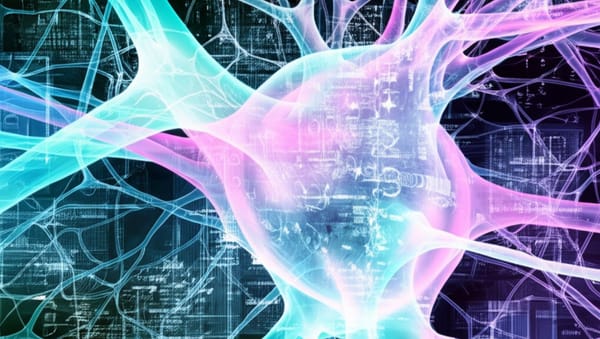Your Consciousness is More Basic Than You Think: Joscha Bach Challenges Human Exceptionalism

"There's this bit of human vanity to think that consciousness is some super complicated thing at the pinnacle of mental development," declares Joscha Bach, challenging a fundamental assumption about the nature of consciousness and its relationship to intelligence.
Bach, a comparative scientist at Liquid AI and founder of a new Consciousness Research Institute, shared this perspective in an in-depth interview at the How The Light Gets In Festival, writes End of Miles.
Consciousness as evolutionary baseline
According to Bach, evidence contradicts the notion that consciousness represents the apex of cognitive evolution. "We observe that not only Nobel Prize winners have consciousness after they reach their peak, but infants have it already and they become conscious before they can do anything else," he explains.
"If you don't gain consciousness at the beginning of your life, you remain a vegetable. It seems to be a prerequisite for mental development, not the pinnacle of it." Joscha Bach
The cognitive scientist positions consciousness as a foundational algorithmic process that enables further neural development rather than representing its ultimate achievement. This perspective inverts traditional hierarchical models of mental capabilities that place consciousness at the summit of cognitive abilities.
Animal consciousness reconsidered
Bach extends his argument to non-human animals, suggesting that if consciousness is indeed evolutionarily basic, its presence in other species should be expected rather than exceptional.
"If consciousness is so simple that infants can have it, then it's ridiculous to say that cats don't have it. When you are interacting with a cat or with a dog or with a bird or a mouse, you notice that they are at some level aware of their awareness." Bach
The researcher suggests that self-reflexivity—awareness of one's own awareness—appears evident in mammalian behavior patterns, challenging anthropocentric models of consciousness that restrict this faculty to humans alone.
The insect consciousness question
"The more interesting question is: are insects conscious?" Bach poses, pushing the boundaries of conventional thinking about phenomenal experience. He hypothesizes that if consciousness functions as a basic learning algorithm for self-organizing nervous systems, there's no clear reason to exclude the possibility of insect consciousness.
"If consciousness is a training algorithm that is the simple training algorithm that nature has discovered for a self-organizing system like our nervous system... it seems to be the simple thing that nature came up with and it is this prerequisite for learning. Maybe it also works on insects." The AI researcher
While acknowledging uncertainty about insect consciousness, Bach explicitly rejects confident denials, stating: "I'm reluctant to say it's clearly not [present in insects]."
Implications for artificial intelligence
Bach's conception of consciousness as a fundamental learning algorithm rather than an advanced feature has significant implications for artificial intelligence development. If consciousness operates as a baseline coherence-maximizing mechanism required for complex learning, current machine learning approaches may be missing this essential foundational layer.
This perspective aligns with Bach's work at Liquid AI, where he's establishing a Consciousness Research Institute focused on bridging gaps between current machine learning capabilities and the operational principles of biological minds.
By positioning consciousness as an evolutionary starting point rather than destination, Bach's framework suggests that truly intelligent systems may require implementation of conscious-like processes as foundational rather than emergent properties—potentially reorienting approaches to artificial general intelligence development.




